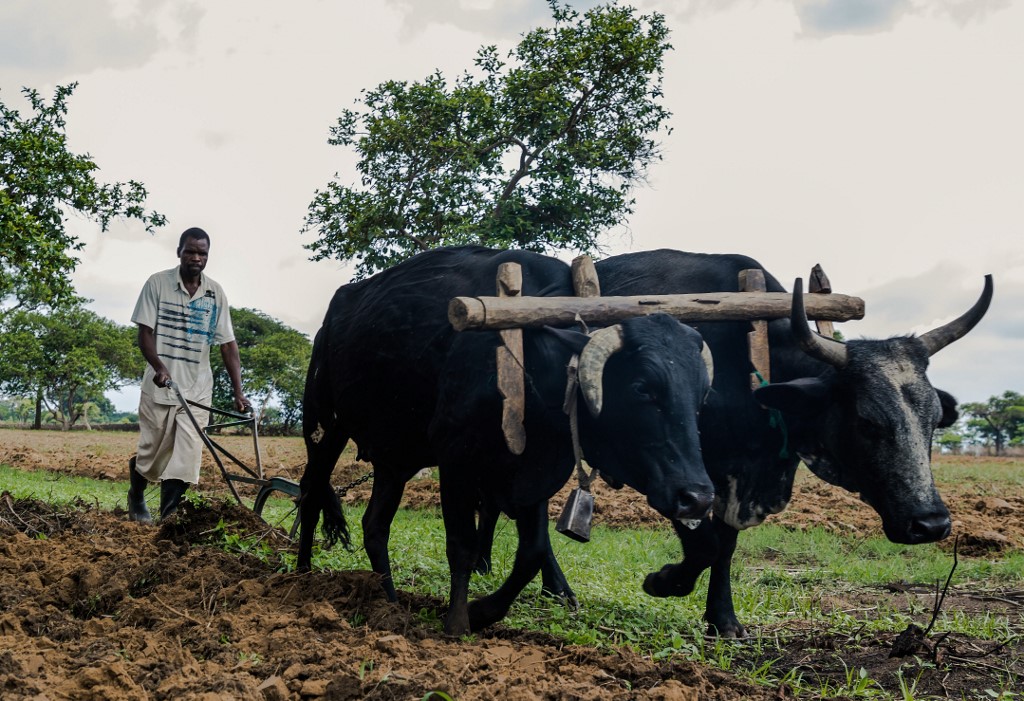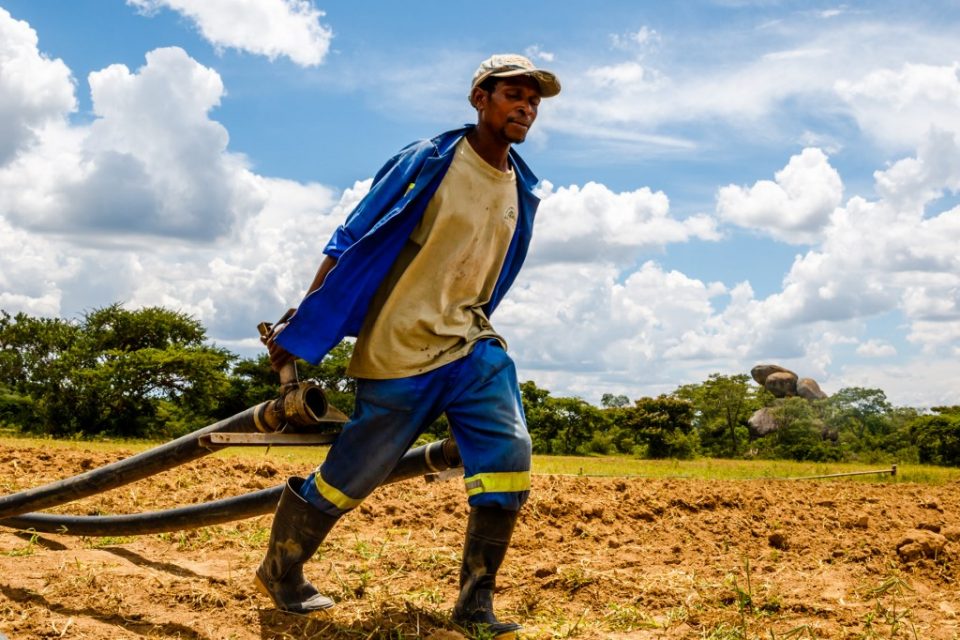
HARARE, Zimbabwe (AFP) — Zimbabwe said Tuesday that only foreign farmers protected by international investment treaties qualified to retrieve land seized by the government two decades ago.
Former president Robert Mugabe launched land reforms in 2000, grabbing parcels from 4,000 white farmers on the grounds that he was reversing historical land ownership imbalances that favoured the minority whites.
On Monday, the government said white farmers could apply to regain the titles to their land.
Information ministry secretary and government spokesman Nick Mangwana clarified in a tweet Tuesday that the offer did not apply to all evicted white farmers, but only to about 37 foreign farmers who benefit from special protection.
“Some of the previous owners had already been compensated from the previous government. For example the Dutch farmers were being paid over the years” Mangwana said.

“They may get that land or replacement land elsewhere instead of compensation.”
Under a separate deal, the government last month signed a $3.5 billion deal with dispossessed farmers to compensate them for infrastructure developments on their former farms.
The government also said that local white farmers whose land was taken for resettlement of landless blacks could apply for other land under 99-year leases.
Both Mugabe, who died in September 2019, and successor Emmerson Mnangagwa who took office following a military coup, vowed that the land reforms would not be reversed.
© Agence France-Presse








